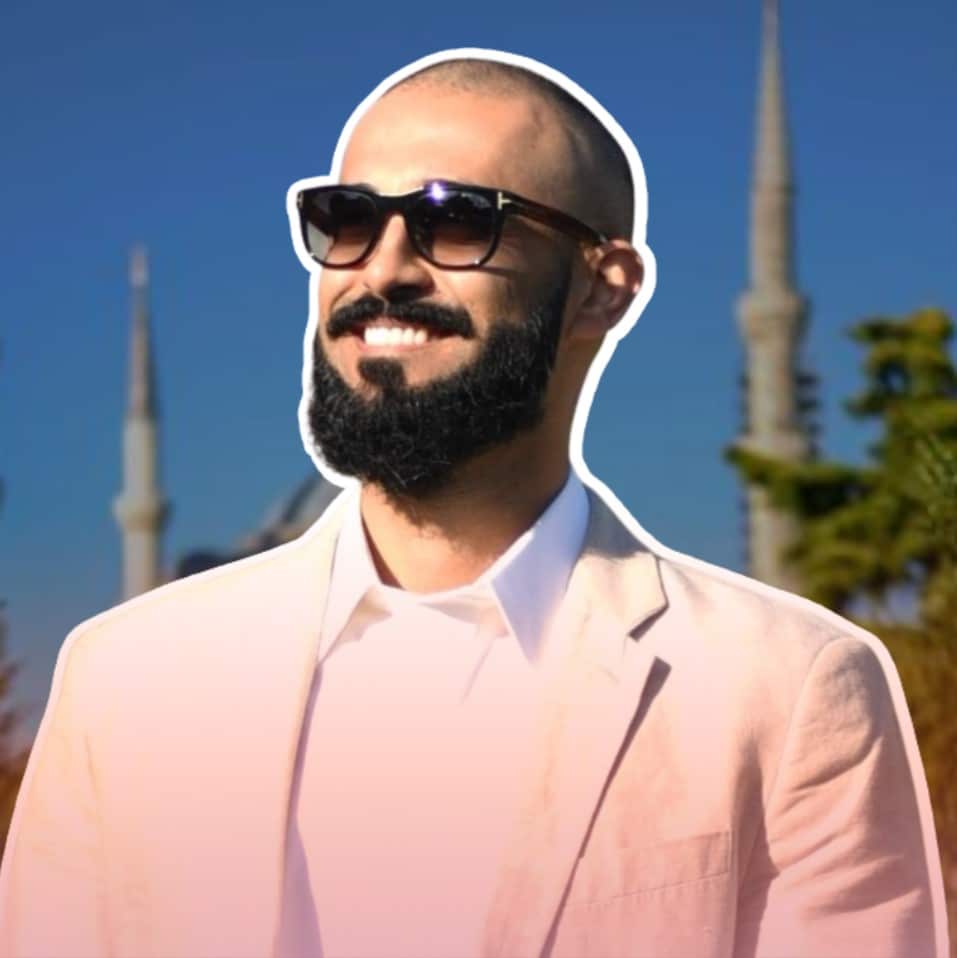CATEGORIES
Careers | People We Admire | Well-BeingOverview
- Creating a value system is important and so is trusting your potential.
- Setting limits and understanding when to step back and when to reinvest is the key to happiness.
- Prioritize and take care of yourself.
- Learn to set boundaries and create a value system.
- Learn to trust your instincts.
Early Years of My Life
When I was three years old, I came to the US with my family. I knew that my family’s life story was different to the stories of other people who already lived here because we had to start from scratch. However, that made me who I am today.
Both of my parents were working. My father moved back and forth between the US and Afghanistan. My mother worked multiple jobs in the US. They were trying to provide for me and my sisters. I understood that, but I missed their presence and always felt that they were never there until I grew older to have my own children and realized the huge responsibility they were carrying. I vowed not to repeat that with my own children. However, I found myself doing the same thing as a parent—taking from my children the very thing they needed: my time.
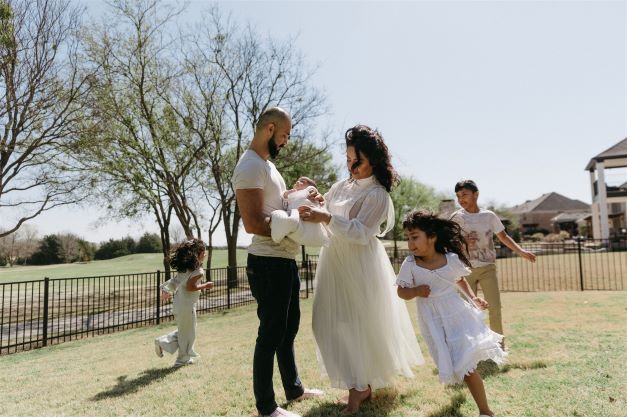
Not everyone needs to have or wants children, yet everyone is a role model, mentor, and guide to youngsters, whether they wish to be or not. We should consciously invest in the younger generations because they will be responsible for the future, and whether it is excellent or terrible depends on the investments we have made in them today.
My childhood was grappling with the notion of success. Over time, though, that concept and its definition have transformed. Subconsciously, I worked toward becoming successful and obtaining that American Dream. My early definition of success was tied to what people traditionally see as success: material wealth. And this fixation became the drive behind being good at school, getting excellent grades, and being recognized for it. While my experiences were great, I realized that getting good grades and being recognized ultimately just fed my ego. The more important lesson was that education is crucial. I think that is my biggest takeaway from my early years.
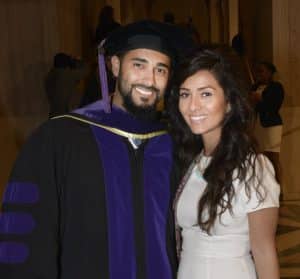
Between Me and My Initial Definition of Success
After my studies, I started a conventional career as a CPA at a big-four accounting firm. While working in the big four, I looked around and realized that many people were unhappy. I didn’t fully realize or appreciate it then, but my definition of success changed. I would eventually transcend material wealth as part of that definition. In keeping up with the idea that education was important, I eventually decided to become a lawyer.
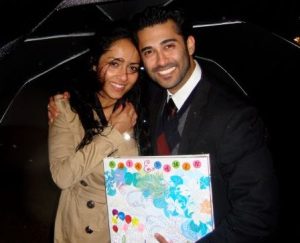
I enjoyed being a lawyer and practicing the law because it was challenging. However, being a lawyer in big law, it felt like it was constantly a fight or flight from the moment I woke up to the time I went to sleep. And when you try to endure the burden, stress starts to take a toll on your mental and physical well-being.
I realized that my job had affected me at some point. It reached my home and family, but I kept going because I thought I needed to keep it up as a part of my definition of success. I tried to implement certain changes hoping the situation would improve. But that didn’t happen, so I had to make a hard decision at the end of the day and use my value system of faith, family, and well-being to help guide me. I decided to retire at 36.
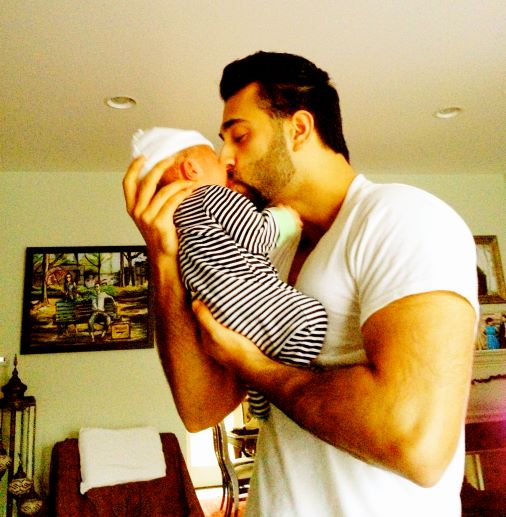
Rebalancing My Life: Knowing My Limits and My Desire
Knowing your limits and managing your time, understanding when to step back and when to reinvest, are all soft skills we should learn. I learned this when I realized that despite juggling my family, career, and business, I wasn’t getting a 100% return, and it was doing more harm than good. I was distancing myself from spirituality and family, so I had to stop, strategize, and reinvest in the things that really make me happy and that I hold dear. I had to recalibrate and rebalance life.
Balancing is not easy, but it is necessary. I realize that sometimes you have to take care of yourself first because if you can’t be there for yourself, you can’t be there for others. Be grateful, and never apologize for prioritizing yourself. The people who care about you will understand this and respect your decisions. At the same time, accept we are all humans and treat others with the respect and love you want.

It’s important to look at the world from a fresh perspective and move away from the status quo. Going against the status quo is never easy. For me, being able to retire so early was only possible by the grace of God and the support of my family and friends.
Advice for the Youth
I advise young people to learn to set boundaries early on and create a value system of what is important to them. The sooner you know your own limits, the easier it will be for everyone to adapt, and the less adversity you may encounter. Another piece of advice is to trust your instincts. Remember that little voice in your head or that feeling in your gut that tells you what to do? Learn to listen and trust it. The vast majority of the time, it comes from a more divine place.
Conclusion
Life is all about balancing and it takes constant practice. Sometimes, we aren’t satisfied with ourselves or what we did. In this case, you have to take care of yourself first, because if you can’t be there for yourself, you can’t be there for others either. Go with grace and never apologize for prioritizing yourself. Learn how to set boundaries and respect the important things in your life while trusting and listening to your instincts.

